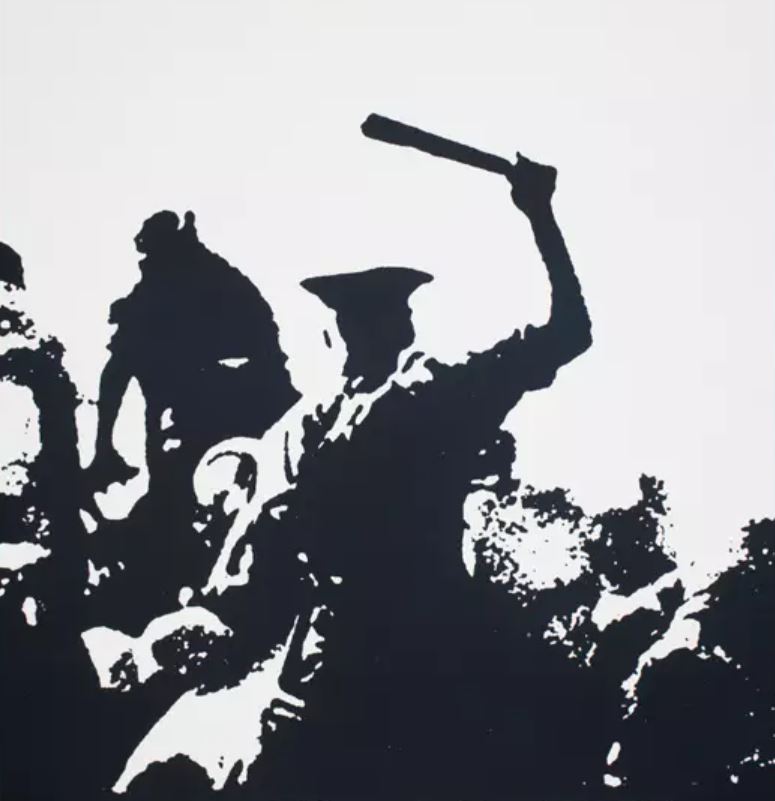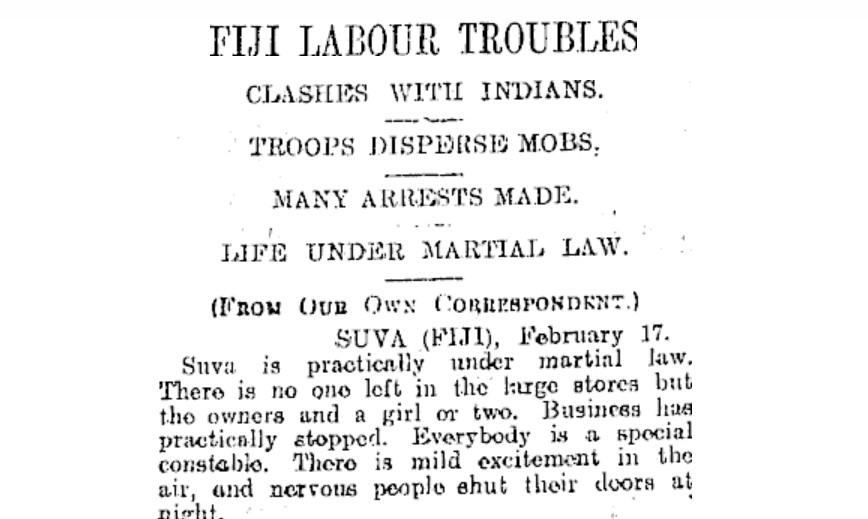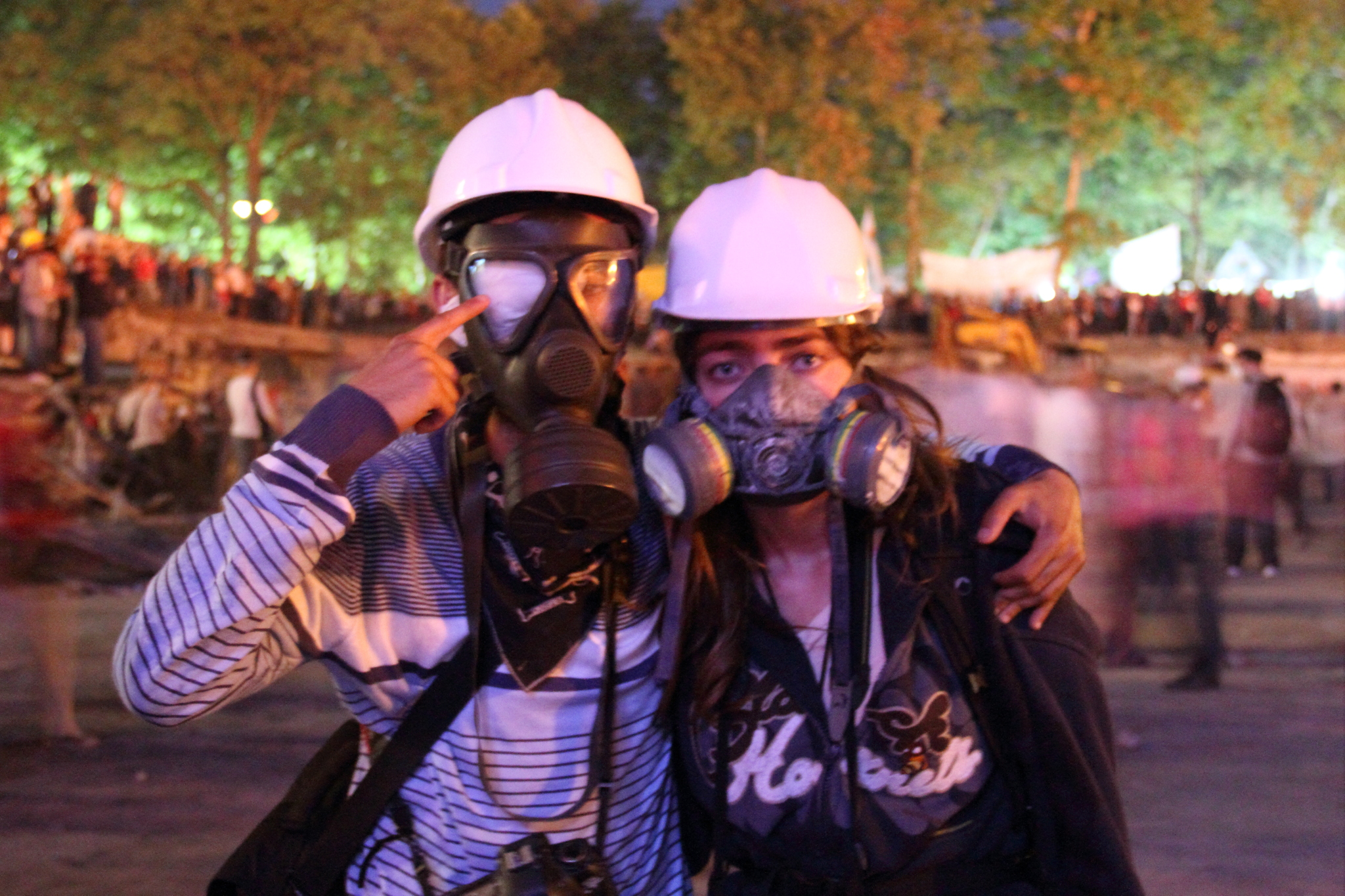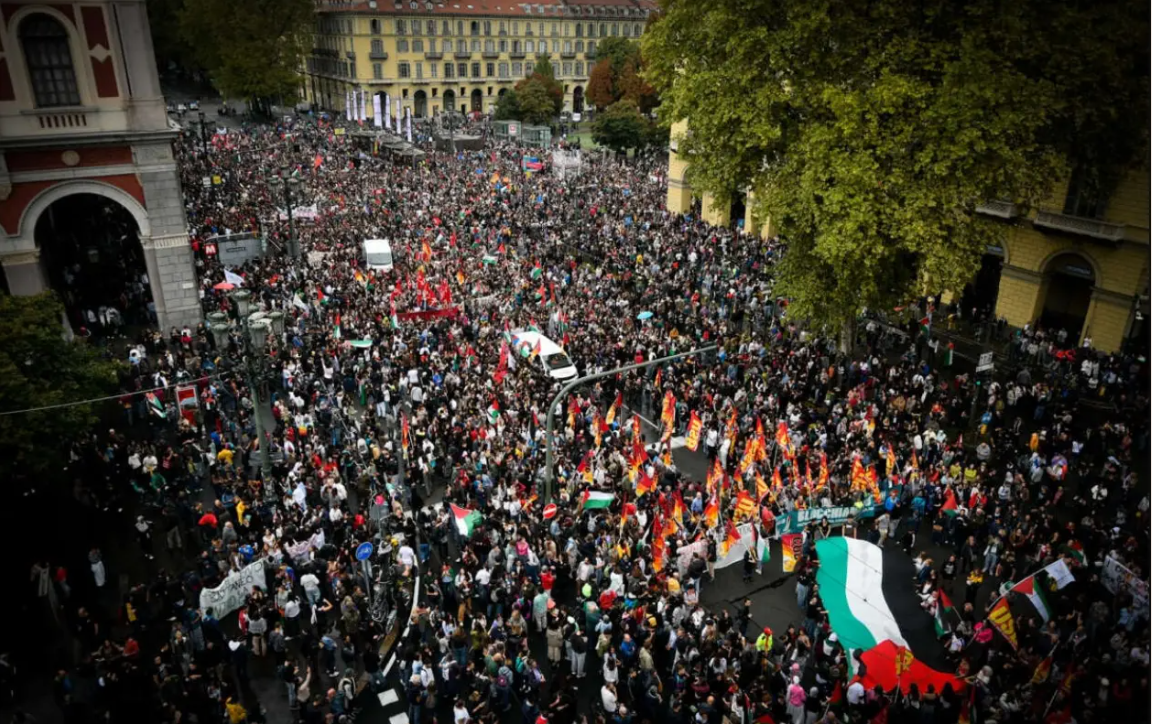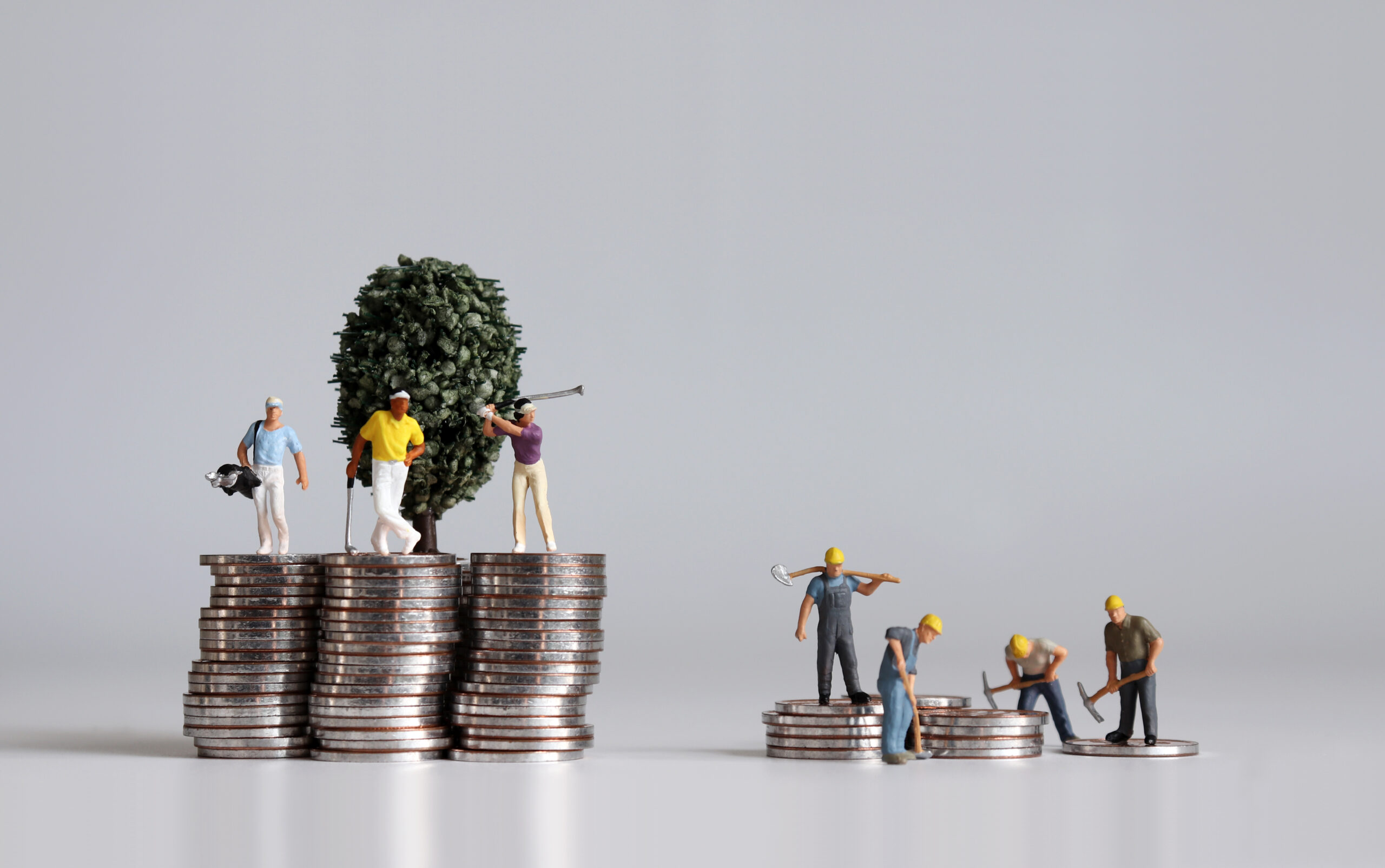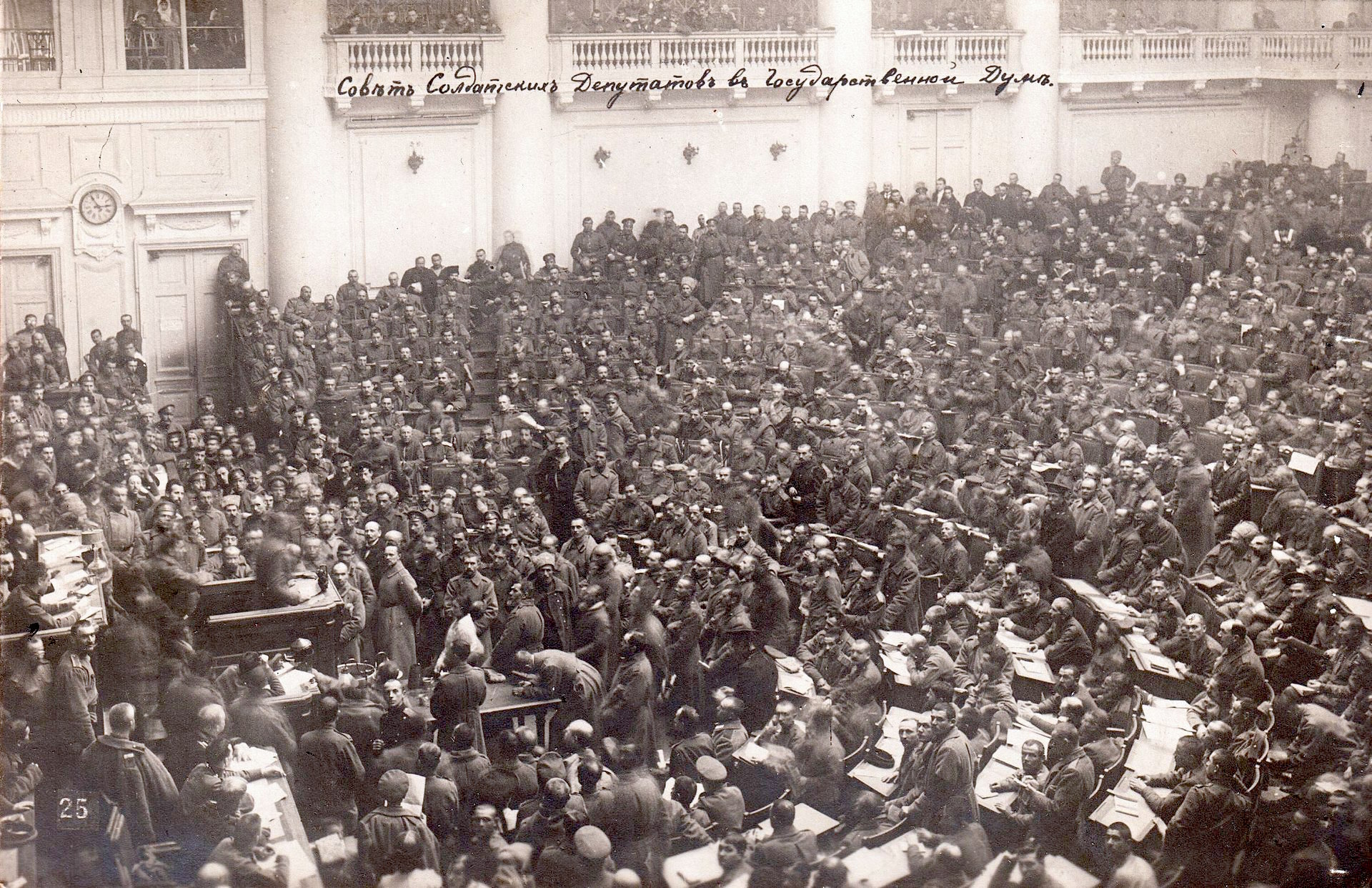According to states around the world, one of their central purposes is to maintain order and dispense justice among their populations. Socialists understand that the order they maintain is the capitalist order – an order that is anti-democratic, unequal and fundamentally unjust. This is clear in Aotearoa, where the state called New Zealand was built upon a foundation of colonisation, imposing capitalist government on Māori in disregard for their sovereignty. This state is not interested in true justice for Māori, nor for the wider working class.
Marxists such as Vladimir Lenin have argued that, while states have taken many forms across history, their central function has always been to enforce the rule of a particular class – through institutions that sit “above” society and claim authority over it. In our society, these include parliament, the army, police, courts, and government ministries. The ruling class is made up of the heads of these institutions, along with the heads of churches and educational institutes and, of course, the leaders of business and industry: the capitalists. As the owners of society’s resources, capitalists ultimately call the shots. State structures are built around the interests of these groups, with only a small portion open to democratic input. The state acts to protect private property and maintain the process of profit making. Throughout its history, the New Zealand state has alienated Māori land in order to open it up for exploitation, and has facilitated the concentration of land and wealth into the hands of a tiny few.
The history of policing contradicts the idea that the state serves justice. From 1846, a colony-wide Armed Police Force, modelled on the paramilitary policing used in Ireland, was implemented to put down Māori resistance. In 1867, the Armed Constabulary was established to occupy and police regions where land had been stolen in the Land Wars. These bodies evolved into the modern police force in 1877. The police continue to play a role in reinforcing the theft of Māori land, most recently arresting peaceful land protectors at Rotokākahi. Another article in this issue outlines how the police and the justice system maintain an exploitable underclass in New Zealand. They are also responsible for suppressing fightback: proud moments in police history include attacking workers at high points of industrial struggle like the 1951 waterfront dispute, and violently suppressing protests such as those in 1981 against the Springbok Tour.
Not everything the state does is bad for workers, at least not in the short term.The state needs to maintain the capitalist system as a whole, which means making concessions to the needs of the workers who sustain this system. Therefore, states will sometimes provide things like housing, healthcare and education. They can also regulate corporations, attempting to limit the damage these can inflict on society and the environment. Often, these more worker-friendly features have come about through struggle. Workers have also fought to increase their democratic input into the state. All of this has always been limited and at risk of being rolled back.
Socialists see the state as a site of struggle. We fight for the extension of democratic rights, for social services, and against militarism and the carceral system. We would rather see more nurses and teachers than cops; more state homes than prisons; more spending on hospitals than the military; more taxes on the rich; and more regulation on corporations. Rather than accepting injustice against Māori, we would rather see the state forced to redress colonial offences and uphold Tino Rangatiratanga. All of this puts us in direct conflict with the Right Wing worms currently leading the New Zealand state politically.
But our opposition to the state goes deeper than this. We recognise that even when more progressive politicians get into power, there is a limit to what can be achieved within this system. Would-be reformers come up against direct opposition from the ruling class, and against institutions that are integrated into the global capitalist system and structured to perpetuate it. This is why our socialism is not that of the Nordic welfare state, or the state-capitalist model of China and (formerly) the Soviet Union. Our socialism aims to confront the state, uproot it, and replace it with structures of real, participatory democracy.
Image Caption: “They’ve brought their national sport with them,” image from anti-Springbok Tour poster highlighting police violence against protesters. Credit: Stop the Tour Action Committee, New Zealand Union of Students’ Associations NZUSA. © Auckland Museum.

